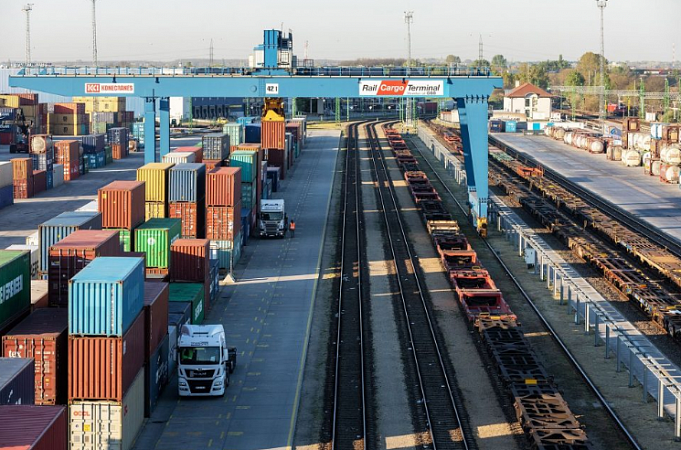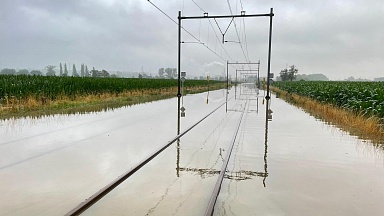The first train from Ganzhou left China on 15 March, while the second took less than ten days to follow. While travelling across the New Silk Road, it crosses the Chinese-Kazakh border through the Alashankou/Dostyk border-crossing and enters Europe through the Ukrainian-Hungarian borders, specifically the Chop/Zahony pass.
New Eurasian option
One of the new service’s central characteristics is the short transit time it takes to reach Europe from Southeast China. More importantly, though, RCG provides the opportunity to several other European terminals to enter the New Silk Road through its extended European network. Consequently, for products transported from China, Budapest is not necessarily the final destination.
The service will maintain a frequency of one roundtrip per week, accompanied by daily route monitoring via GPS, customs clearance, and transport insurance services. Consequently, Rail Cargo Group offers an end-to-end logistics solution that will provide customers with a new but very competitive solution on Eurasian transportation.




